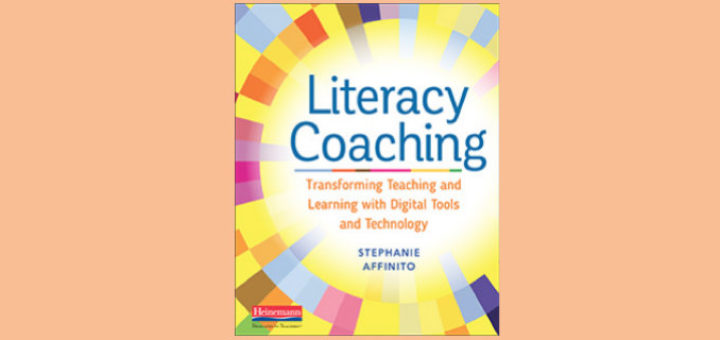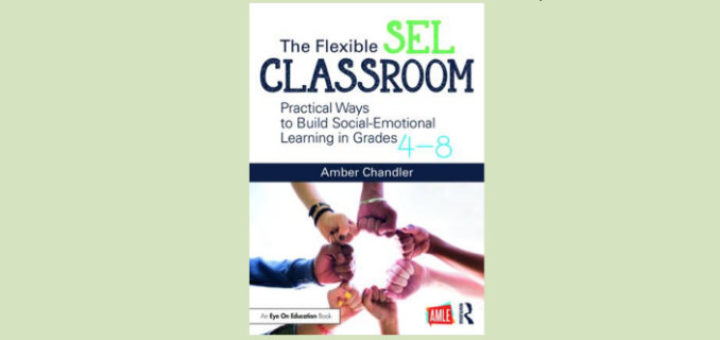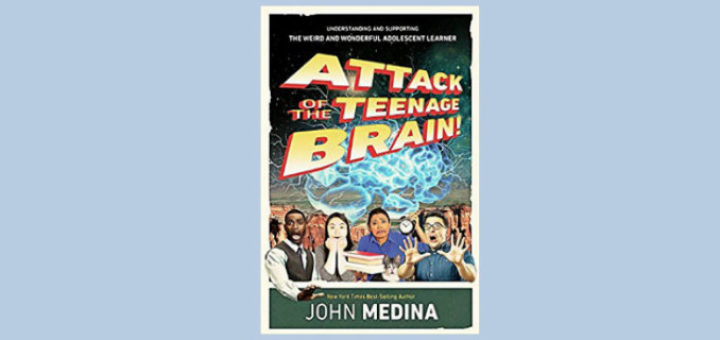Teaching and learning in grades 4-8
When it comes to vocabulary instruction, teachers have many, many questions, for example: “How can I fit vocabulary in? How should I pick the words? What should my quizzes look like?” Literacy consultant Sarah Tantillo provides answers to these questions and more.
Rubrics should clarify both teacher and student thinking, writes classroom assessment expert Rick Wormeli. They can help mentor students as they analyze and reflect on their work, but there are cautions in their use that effective teachers will take time to investigate.
When teachers think of learning centers, we often identify them with K-3 classrooms. Katherine McKnight shows how the model can be expanded and adapted for middle schoolers, incorporating the essentials of collaborative learning, content knowledge acquisition, and more.
When Sarah Cooper launches an op-ed writing project, students respond best if they have wide latitude to choose a topic, picking an issue that sparks a personal connection. Beyond research and writing, the highlight for kids is sharing their op-eds with an audience.
Reading Stephanie Affinito’s Literacy Coaching can benefit classroom teachers as well as literacy coaches, writes educator Kathleen Palmieri. In addition to covering learning communities, PD, and collaboration, the book offers extensive digital resources to boost student learning.
Filled with thought-provoking ideas on how to meet the social and emotional needs of our students, Amber Chandler’s The Flexible SEL Classroom guides us with ideas and activities to try while meeting the curricular mandates we are given, writes Laura Von Staden.
In addition to explaining the brain science behind adolescent risk taking, John Medina’s Attack of the Teenage Brain! is filled with valuable information to change the way teachers respond to adolescents in the classroom, says educator Elizabeth OBrien.
Studying TV in the middle grades might seem frivolous, writes media literacy expert Frank Baker, but when teachers engage kids through popular culture, they meet them where they are. The Emmys is a perfect example. Baker has background and teaching ideas to get started.
If you’re having tough times at school this year, new teachers and veterans alike can relieve some of the stress that comes when everything seems to be going wrong. Tested advice and actionable ideas from author, veteran teacher, and classroom survivor Julia Thompson.
This summer Rita Platt is transitioning from teacher-librarian to principal at her school. With 25 years in education, she feels ready. Sharing a letter she sent to fellow staff members, she asks readers to comment on what principals need to know to be good leaders.













































